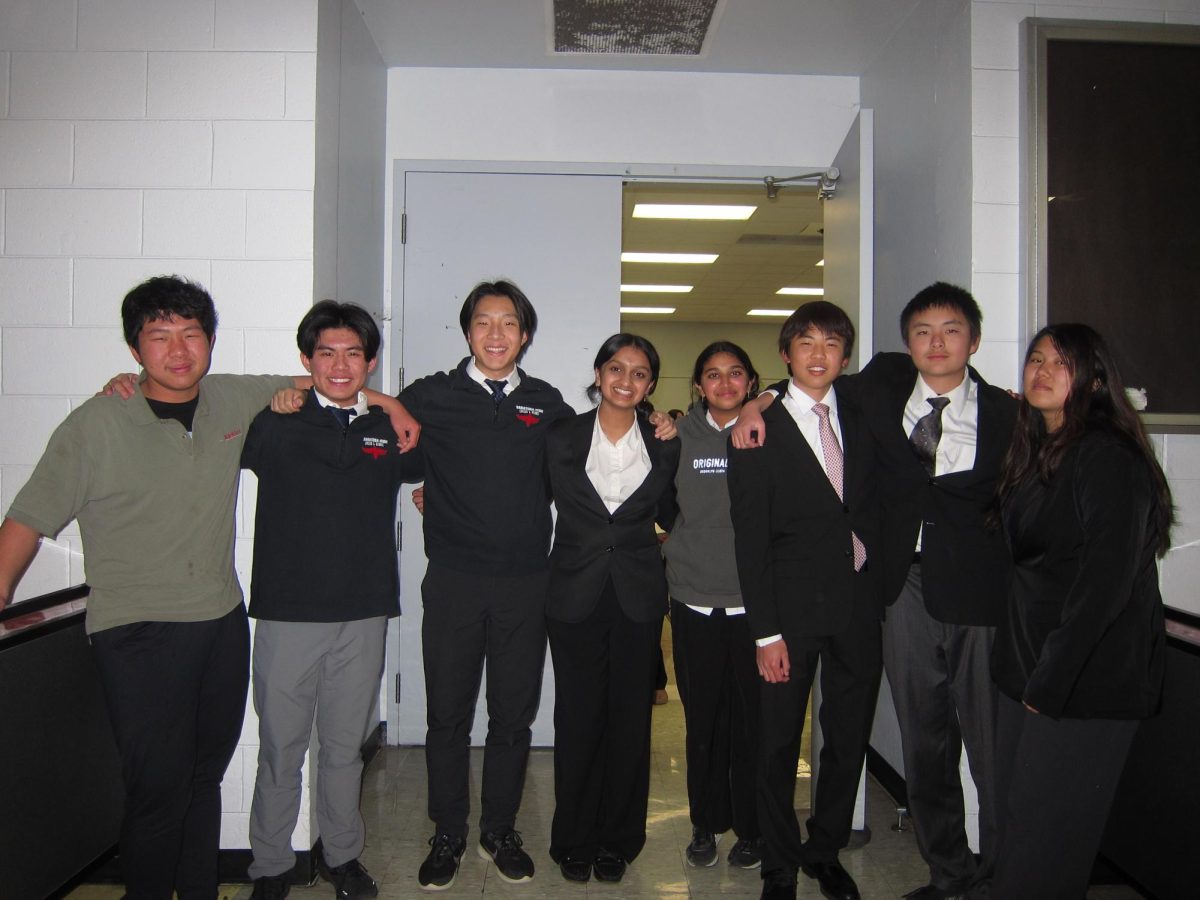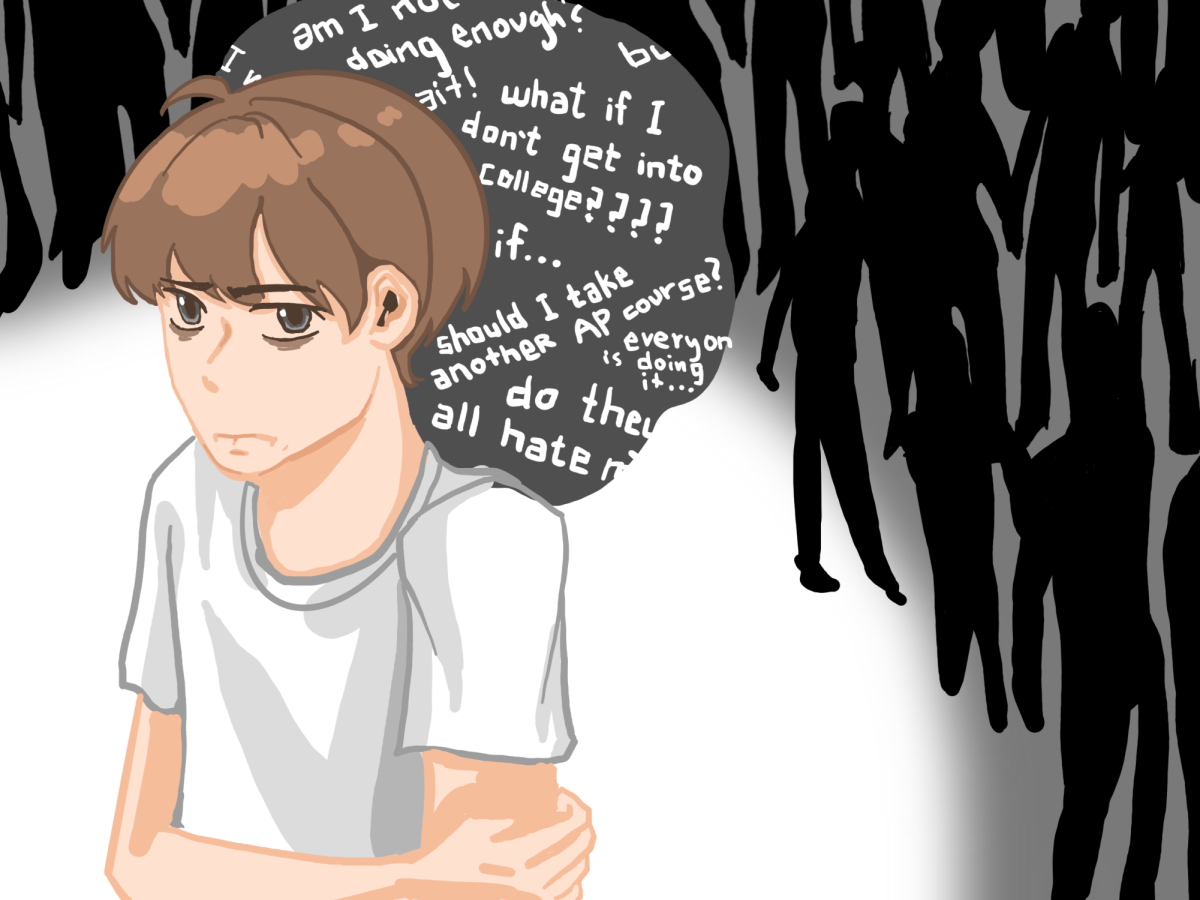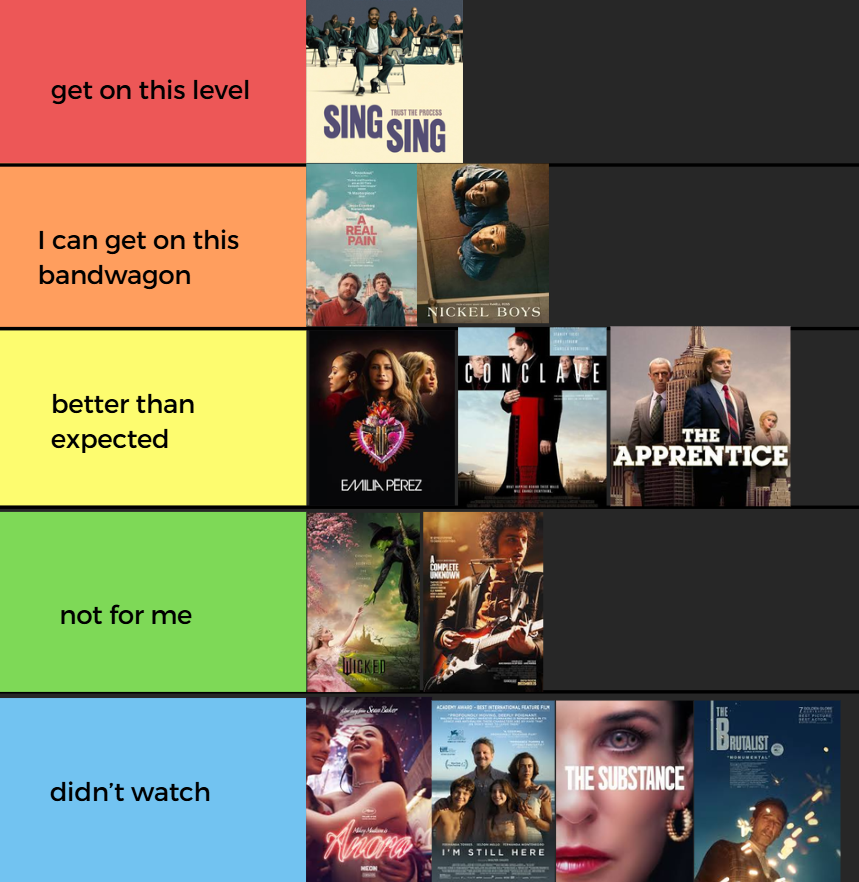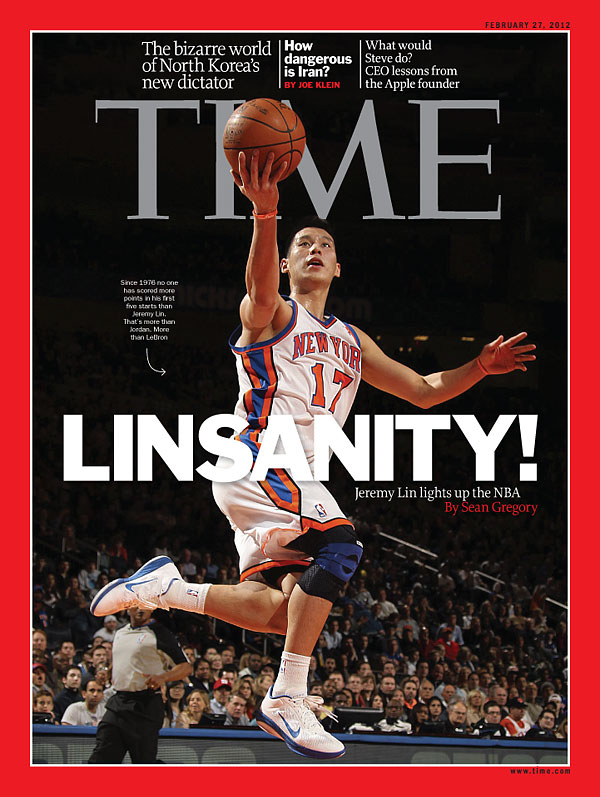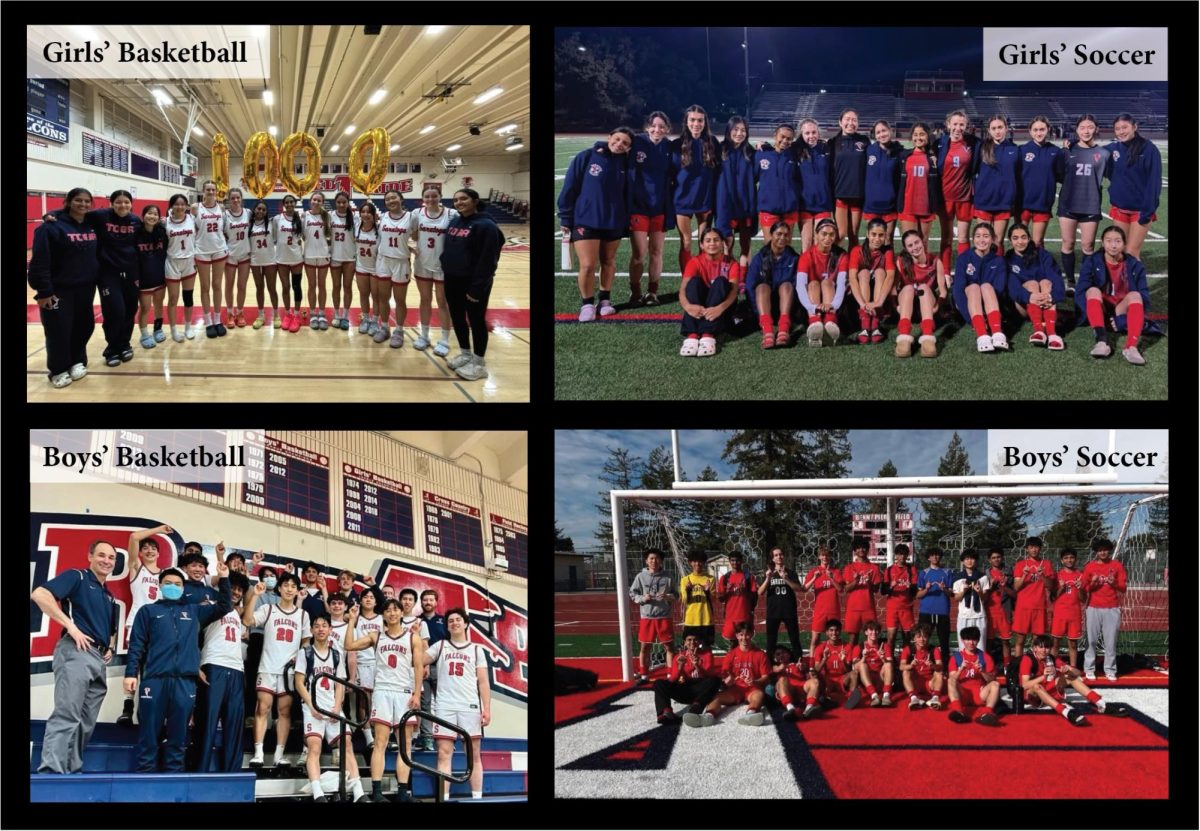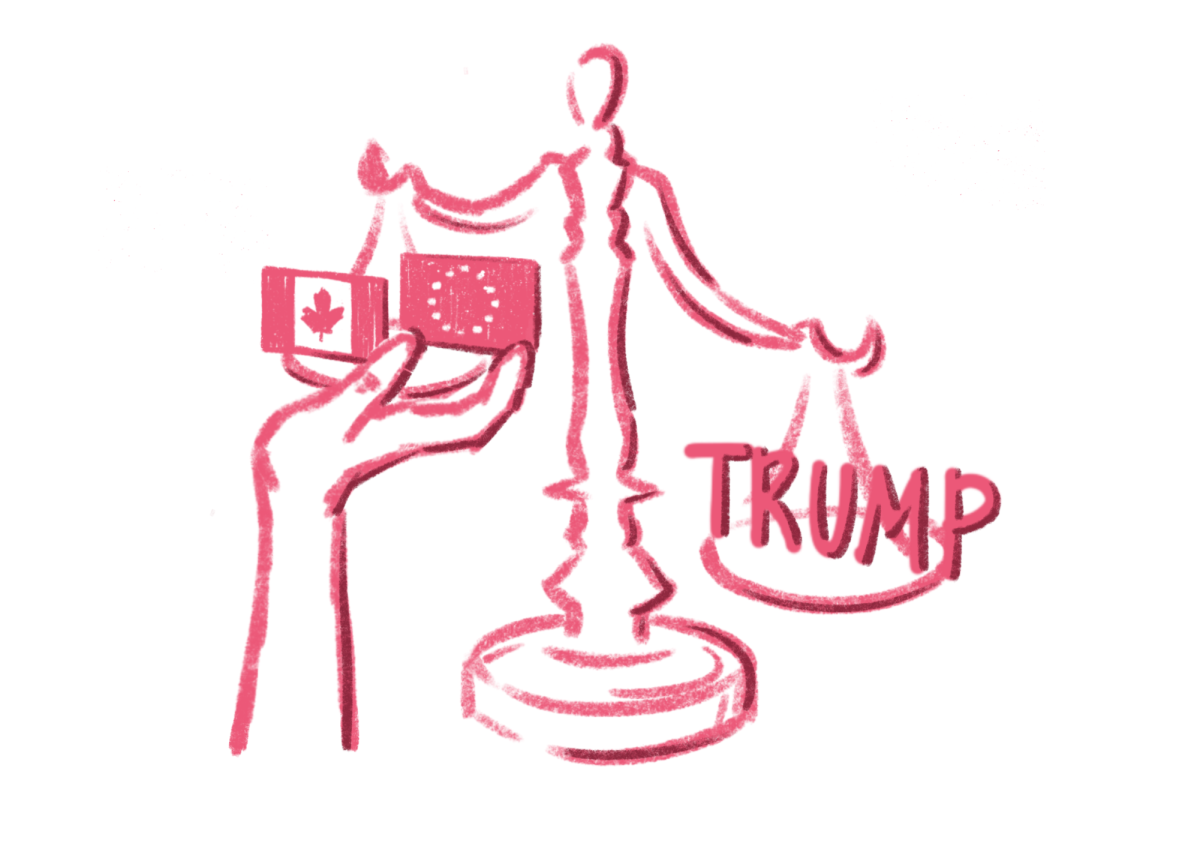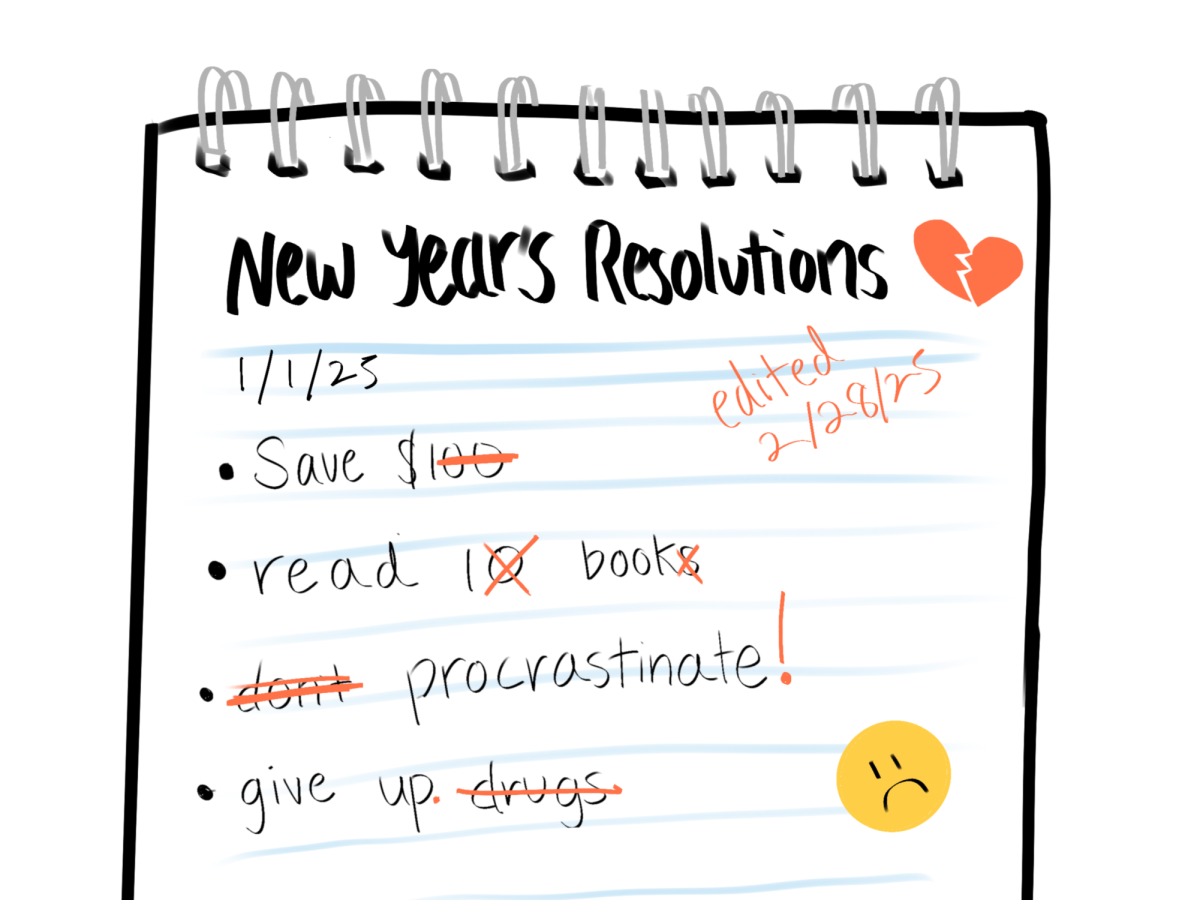On April 2, the College Board changed how the 2020 AP exams will be held in response to the coronavirus pandemic. The usual tests are lengthy 2-3 hour affairs; this year’s AP exams will be 45 minute open-note free response exams that are to be taken online at home.
Attempting to accomodate for any difficulties online learning may pose, the College Board cut out units that they felt schools would be unable to cover before the shut down of schools.
At first glance, the AP tests may seem easier than previous years, with an average of only two free-response problems for each test. But don’t be fooled.
The current test presents two scenarios: Either it will be so hard that most students encounter problems much more difficult than the problems they have worked on the entire year, or it will be so easy with notes that a small error will have massive consequences on students’ scores because of a brutal curve.
Since before the coronavirus outbreak, students have been working on past AP problems, which are formatted differently: many past problems are multiple-choice questions or just require regurgitating facts. As a result of this year’s tests becoming open-note, many of the traditional problem types students have been practicing for have gone out of the window.
Because the test is open-notes, the College Board will probably make the test harder to prevent a score distribution where everyone scores very well. They will probably either grade harder or just select the hardest problems from their original planned exams for this year.
The length of the tests is another barrier to success.
There are many units for each AP course, and cramming all of them into one or two problems seems close to impossible. For instance, for AP Physics 2, it is hard to believe that test makers could cram fluids, circuits, magnetism and thermodynamics into a couple of problems and expect accurate representations of students’ proficiency in the subject.
The extremely short length also means that one mistake is probably equivalent to making over two of the same type of mistake on the past AP exams, potentially increasing incredibly steep curves and causing many students to receive significantly lower scores than expected.
Not only is the curve heavily affected by the shortened exam, cheating will no doubt be rampant among unethical students and those of us who are ethical may find ourselves severely punished for our commitment to honesty, something that seems grossly unfair in every way.
What will likely be the cheating methods? For one thing, Facebook Messenger and other sites will be employed to discuss answers. It would be hard for Facebook and other companies to monitor their chats during the testing times, as that would bring up various privacy issues. Worse still, some students will probably get others to take the test for them. What are the chances of being caught with this method? Slim to none.
Because of their likely inability to monitor chat services, the College Board will probably have trouble detecting cheating, especially for tests such as the AP Calculus test, which generally only have one correct solution for each problem.
College Board officials said that they have plagiarism detection software and send students’ solutions to their own AP teachers to see if students answered differently from normal. These security protocols won’t work since test-takers could easily modify their answers to not exactly mirror someone else’s.
And while the College Board is not to blame for this unavoidable situation, this new format of testing will most likely not serve as an effective way to differentiate students on how well they mastered the material, especially given that there are only a few questions for each exam. The main problem is that there is no better alternative. Let’s just hope the results mirror — rather than distort — what the results of the actual tests would have been.


